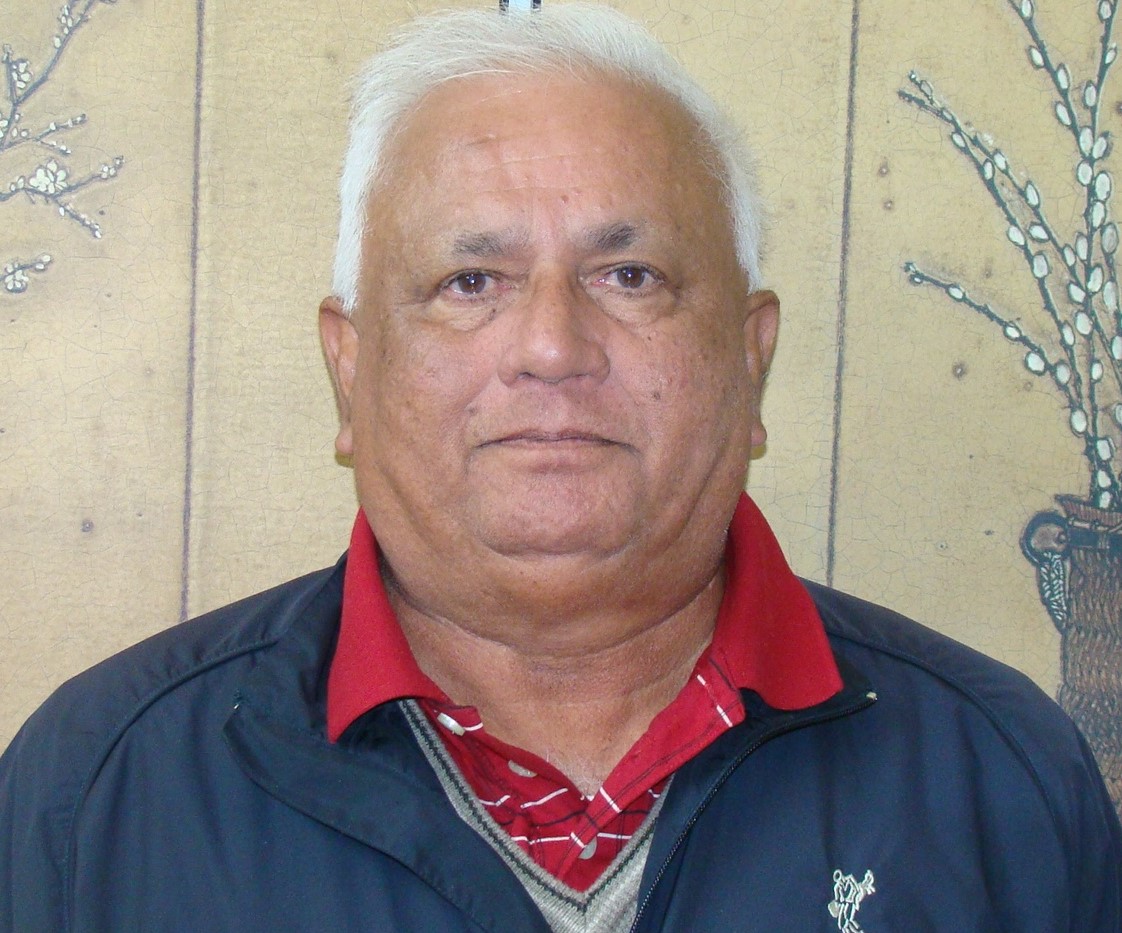There is no denying that India has acquired much global power and influence in recent decades. Triumphalism and despair are the contrasting moods in New Delhi and Islamabad.
India presents an optimistic vision of the future, a bankable, stable, and responsible player in the world order. The timing of India's rise is just right. The western powers looking to counterbalance a rising China have found a willing partner in India. It inclines them to give India a free pass on the steady erosion of democratic norms, the rule of law, press freedom, and minority rights under the BJP rule.
Unlike Pakistan, uninterrupted democratic governance, high-caliber visionary political leadership, prudent economic management, and civilian supremacy over the armed forces have propelled India's rise on the world stage. India is the most favored destination in the region for foreign investment because of its high political stability and optimistic economic forecasts.
Pakistan, in contrast, bankrupt and unstable--always on the lookout for rescuers to throw it an economic lifeline--has few supporters and partners. Its hopes of a bailout rest on the premise that it is too big to fail because of its strategic location and as the world's fifth-most-populous nation.
Moreover, the financial meltdown, shambolic governance, disruptive politics, and terrorist threats have sharply diminished Pakistan's international standing. Instead of building a genuine democracy where power rests with the people, Pakistan has relied on strongmen, messiahs, and miracles.
Additionally, the gap between India and Pakistan has widened from an economic perspective, placing Pakistan at a significant disadvantage compared to India. According to the World Bank, India's GDP in 2021 was $3.2 trillion. By contrast, Pakistan's GDP was $348 billion, about 10 percent of India's. In addition, India is likely to overtake Japan and Germany to become the world's third-largest economy by 2030, while Pakistan's economic prospects appear dim.
Furthermore, India has a natural leadership role in South Asia because of its size, location, and economic prowess. Hence, it is time for Pakistan to recognize reality and give up its futile and sapping rivalry with India. The ball is squarely in Pakistan's court to dial down tensions. It must take practical steps toward peace with India because the current no-peace-no-war stalemate only hurts Pakistan.
The power elite in Pakistan has long fed off the animosity between India and the national passions over the Kashmir dispute to avoid making tough internal decisions. Yet, Pakistan facing economic survival is in no position to sustain its adversarial posture toward India. For example, Pakistan cannot afford to match India's military modernization and investments in new platforms and postures.
Interestingly, policy circles in Pakistan often label India as a regional hegemon with evil designs on Pakistan. And that India's hostile policies force Pakistan to have a powerful military might be at the expense of health and education for its citizens. Yet, the 75 years of India-Pakistan relations show that despite provocations, India has not stoked conflict and confrontation, willfully waged wars, and caused indiscriminate harm to Pakistan. India took advantage of Pakistan's internal weaknesses when the opportunity presented itself, a natural reaction in times of war and conflict.
Undoubtedly, the aggressive posture of the BJP government against Pakistan is unhelpful to peace efforts. But Pakistan must share some of the blame because of its inability to prevent cross-border terrorism directed at India and punish the perpetrators, a long-held reasonable Indian grievance against Pakistan. Moreover, Pakistan has no choice but to deal with the BJP because the ruling party, without credible opposition, is expected to govern India for the foreseeable future.
On its part, India shouldn't overplay its growing advantages over Pakistan. It must show a broad vision and encourage a sense of a different South Asian future in which all can play a constructive role. Prime Minister Modi can afford to spend some of his sizable political capital to play a statesmanlike role in reviving frozen ties between India and Pakistan.
More people-to-people contacts and robust trade relations with India can help Pakistan to regain some of its lost direction. One less major threat off the table can help Pakistan to refocus on sustainable development, particularly human security. It is a sensible course in a competitive world.





